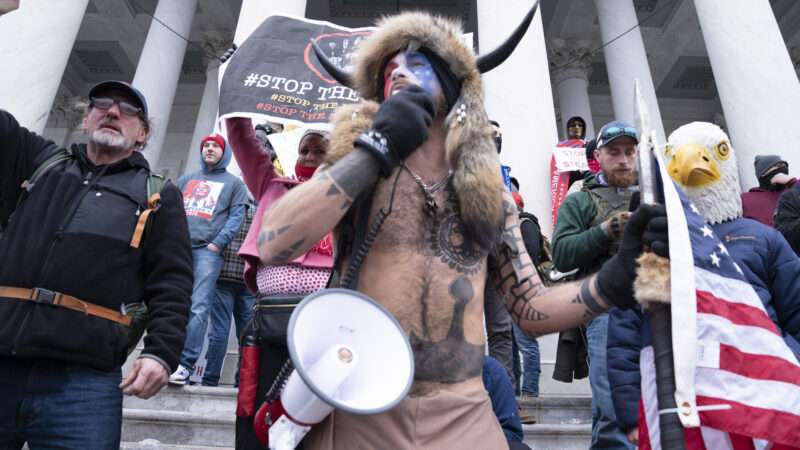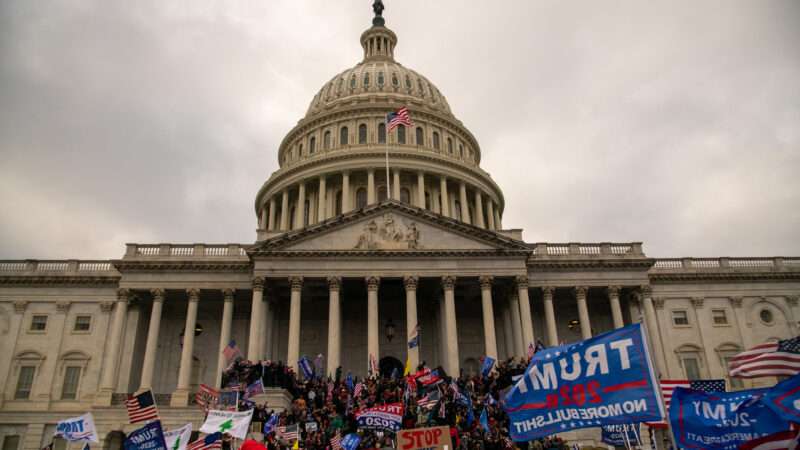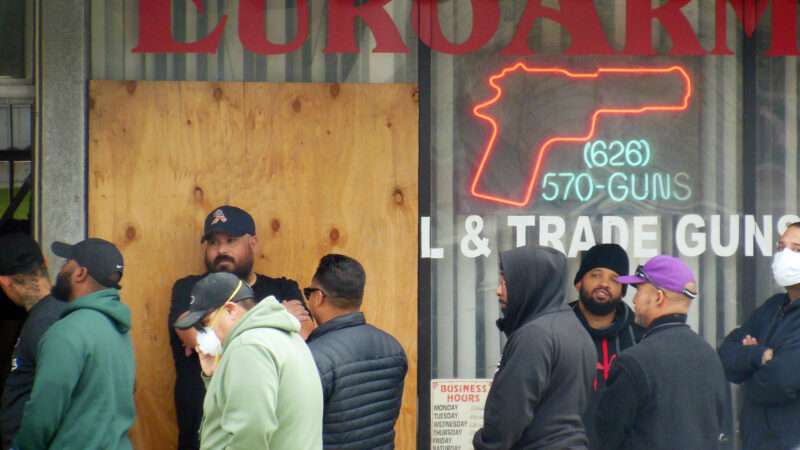In Liu v. SEC, the Court trimmed the sails of the SEC’s ability to get equitable restitution under the name “disgorgement.” Justice Thomas’s dissent correctly said there was no traditional equitable remedy of disgorgement. The majority correctly said that although the name “disgorgment” may have been new, there was a longstanding practice of equitable restitution, under names like “accounting for profits.” And the majority reined in the SEC practice, requiring it to conform more closely to traditional equitable requirements (including the principle that there are no penalties in equity, a principle best explained in the Heydon opinion in the Australian case of Harris v. Digital Pulse).
But what tied together the majority and dissent was that the SEC suits for restitution, if they were to be allowed, had to be justified by recourse to the history of equity. The reason for this focus on equitable restitution was plain enough, because the statutory basis for relief was an authorization of “equitable relief.”
Now restitution comes in two flavors: legal and equitable. Legal restitution comes from the old common counts, Moses v. Macferlan, etc., and for a while the term in vogue for this category was “quasi-contract.” Other terms are “restitution via money judgment” or simply “legal restitution.” Equitable restitution is organized according to a set of distinctive remedies–accounting for profits and then various proprietary remedies (constructive trust, equitable lien, subrogation).
Although the SEC has typically sought equitable restitution (understandably, given the statutory authorization), one could imagine the SEC being authorized to sue for legal restitution, which would be subject to different powers and limits.
An aside: note that the word disgorgement doesn’t tell us anything about whether the remedy sought is legal or equitable. The word is a late twentieth-century coinage (as Justice Thomas correctly notes). It’s used sometimes as a term for non-proprietary equitable restitution (i.e., accounting for profits), sometimes as a term for any gain-based equitable remedy (covering both accounting for profits and constructive trust, e.g.), and sometimes as a term for any gain-based remedy whether legal or equitable (covering accounting for profits, constructive trust, quasi-contract).
So where does this leave us? Well, the SEC has been seeking a remedy it calls “disgorgement,” and that remedy is characterized as equitable because the statute authorizes equitable relief, and the Supreme Court has recently upheld the SEC’s ability to obtain that equitable relief while also reasserting some of the traditional limitations on equitable restitution.
But the statute just changed. Section 6501 of the Defense Authorization Act, enacted a few days ago over the veto of President Trump, changes the statutory authorization for remedies available to the SEC. (You can find the law here, but it’s massive: search for “disgorgement.”)
In part the changes to the statute shore up the SEC’s authority. Now the SEC is specifically authorized to seek and obtain “disgorgement.” The statutory amendment also seems to support Liu v. SEC‘s criticism of joint-and-several liability, criticism which the Court based on traditional equitable practice. (Critique of joint-and-several liability was a point developed in the restitution scholars’ brief in Liu.)
Now this is where things get interesting. The statutory revision classifies the remedy of “disgorgement” as not being an equitable remedy. It sets up two statute of limitations periods. One is for “disgorgement” (with qualifications, five years) and the other is for “any equitable remedy, including for an injunction or for a bar, suspension, or cease and desist order” (with qualifications, ten years). The structure of the statute is very clear. Subsection (a)(8) is called “Limitations Periods”; and under that heading subsection (A) is titled “Disgorgement” and subsection (B) is titled “Equitable Remedies.” It is inescapable from the text and headings that the authorized remedy of “disgorgement” is not being classified as an equitable remedy.
The conclusion that follows is that the remedy Congress has authorized the SEC to seek is a legal restitutionary remedy. Because this remedy, which it still calls “disgorgement,” is not equitable, it is not subject to the traditional requirements of equitable restitution (including the avoidance of penalties). So the limits of Liu v. SEC do not apply (though they would apply to other agencies with statutes similar to the prior statute for the SEC).
But the SEC restitutionary remedy is subject to other rules and principles. And, because the SEC remedy is now one for legal restitution, the defendants have a right to a jury trial under the Seventh Amendment and the remedy cannot be enforced with contempt. A current overview of the distinction between legal and equitable restitution can be found in the “Remedies” chapter in the Oxford Handbook of the New Private Law. And here’s a paragraph from p. 326 of Ames, Chafee, and Re on Remedies (edited by Emily Sherwin and me):
To be a successful litigator, the essential thing is for you to recognize the range of terminology and learn the usage in your own jurisdiction. Whatever label is used, when a plaintiff prevails on a legal restitutionary claim, the court will award a judgment for a certain amount of money. That judgment resembles an award of damages (except, of course, that it is measured by the defendant’s gain and not by the plaintiff’s loss). That the restitutionary claim is legal, as opposed to equitable, has several important consequences. These include the possibility of a jury, the lack of various equitable defenses, the lack of equitable enforcement powers such as contempt, and the lack of preferential treatment in bankruptcy. The opposite is true for a claim for one of the equitable restitutionary remedies, such as accounting for profits, constructive trust, and equitable lien.
It is clear that this statutory revision is a response to Liu v. SEC. But it is not a straightforward repudiation of that case. The focus on the statute of limitations might derive from the predecessor case, Kokesh v. SEC (a point for which I’m indebted to Caprice Roberts). But whatever the reason for Congress’s choice, its decision to reclassify the SEC’s restitutionary remedy as legal winds up meaning that it is outside of Liu v. SEC entirely—outside of its approval, and outside of its limitation. It’s a new world ahead, and I suspect securities lawyers, inside and outside the government, are going to start reading up on legal restitution.
from Latest – Reason.com https://ift.tt/399lBj1
via IFTTT


